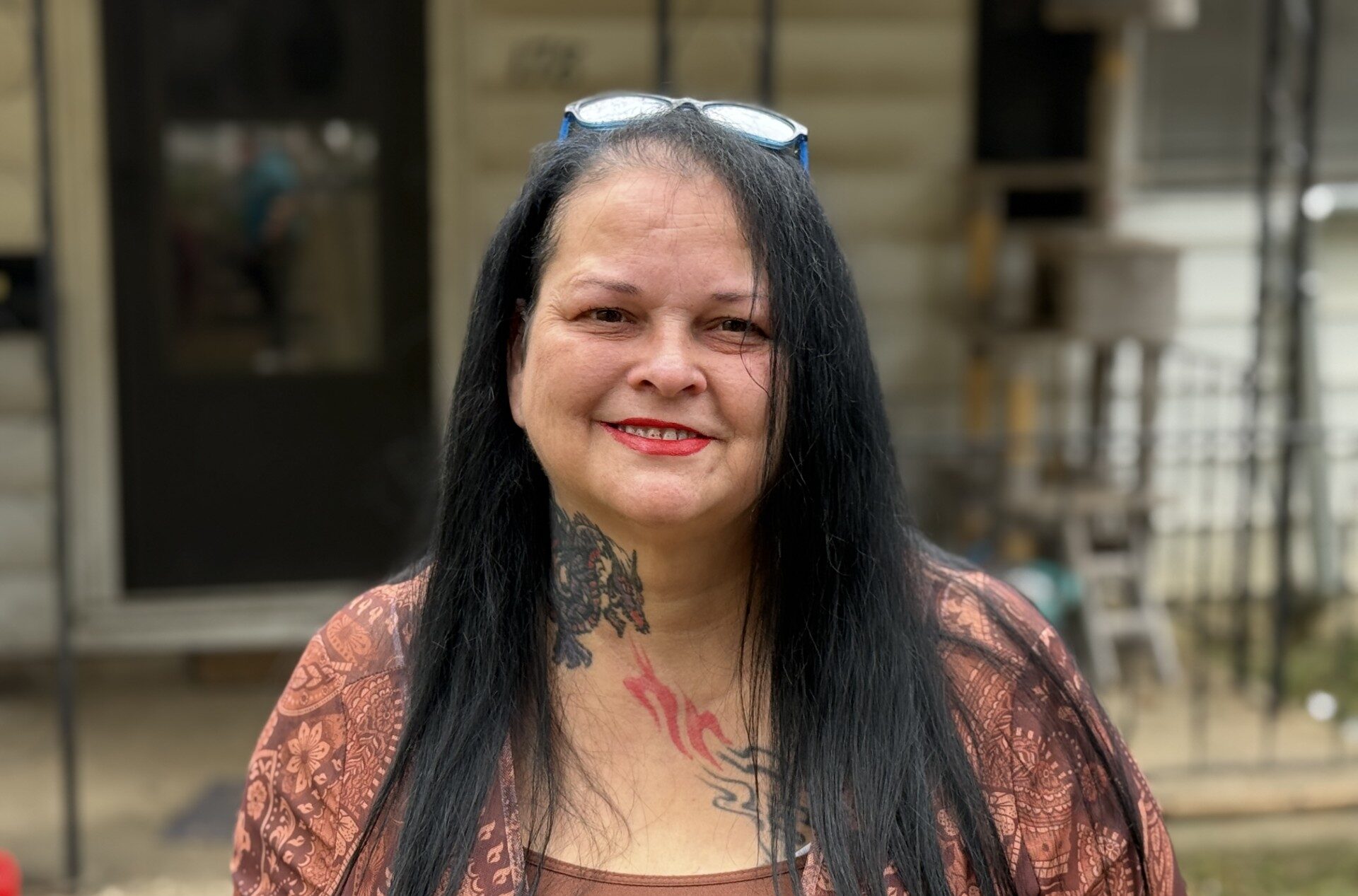April 8, 2024 – New York, NY – Corporation for Supportive Housing (CSH), in collaboration with housing policy researchers at the Urban Institute and 36 partner organizations, announces filing an amicus brief with the United States Supreme Court (SCOTUS) to stop proponents from backing punitive approaches that exacerbate rather than alleviate the challenges faced by people experiencing poverty and homelessness. The brief supports the Ninth Circuit’s decision to uphold the U.S. Constitution by prohibiting communities from fining or arresting people for merely sleeping outside when they have no access to shelter.
At the core of the Ninth Circuit case, Johnson v. Grants Pass, is the attempt from officials in Grants Pass, Oregon to penalize individuals for using a blanket or pillow on public property for comfort due to no other shelter options.
The case reflects a disturbing rise in hastily passed legislation taking place in states and cities across the country that makes merely existing in public while experiencing homelessness a crime. These policies are often enacted based on the false belief that homelessness is a choice or a result of personal failures.
These efforts distract us from the root causes of homelessness, which data show are chronic shortages of homes people can afford, persistent poverty, and an overreliance on institutionalizing people rather than providing coordinated, community-based health and support services.
CSH and our colleagues at Urban Institute argue that punishing people for experiencing homelessness is ineffective, costly, and harmful. Criminalizing homelessness perpetuates cycles of poverty and institutionalization and diverts law enforcement resources away from preventing crime, protecting the rights of all individuals, and responders to emergencies.
Punitive measures fail to deter homelessness, exacerbate poverty and grow incarceration rates. They disproportionately harm vulnerable individuals, hindering efforts to connect them with essential services. In contrast, there is definitive proof that more cost-effective alternatives like investments in affordable housing, support services, and opportunities for economic security, work better for individuals and communities long term.
As an advocate for proven interventions like supportive housing, CSH stands for preserving human dignity and freedom and implores the SCOTUS to uphold the Constitution.
CSH gratefully acknowledges these partners for signing on this amicus brief:
Samantha Batko, Urban Institute*
Sarah Gillespie, Urban Institute*
3Keys
Ability Housing, Inc.
Amethyst Place
CaringWorks, Inc.
Carrfour Supportive Housing, Inc.
Center for Housing and Health
Coalition on Homelessness & Housing in Ohio
Collaborative Solutions, Inc.
Community Housing Network
Englewood Community Development Corporation
Episcopal Housing Corporation
Florida Supportive Housing Coalition
Georgia Supportive Housing Coalition
Gorman & Company
HELP of Southern Nevada
Hoosier Uplands Economic Development Corporation
Horizon House
Illinois Housing Council
Lantern Community Services
Low Income Housing Institute
Massachusetts Housing and Shelter Alliance
Minnesota Housing Partnership
Nevada Housing Coalition
New Hope Housing, Inc.
Partners for HOME
Partnership for Strong Communities
PATH
Quest Communities
Save Inc.
Serving Seniors
Supportive Housing Advocates – New Jersey
Supportive Housing Network New York
Texas Homeless Network
Sarah Gillespie is Associate Vice President for Metropolitan Housing and Communities Policy at the Urban Institute, and Samantha Batko is Senior Fellow in the Metropolitan Housing and Communities Policy Center at the Urban Institute. The views expressed here are those of the individuals and should not be attributed to the Urban Institute, its Board of Trustees, or its funders.




